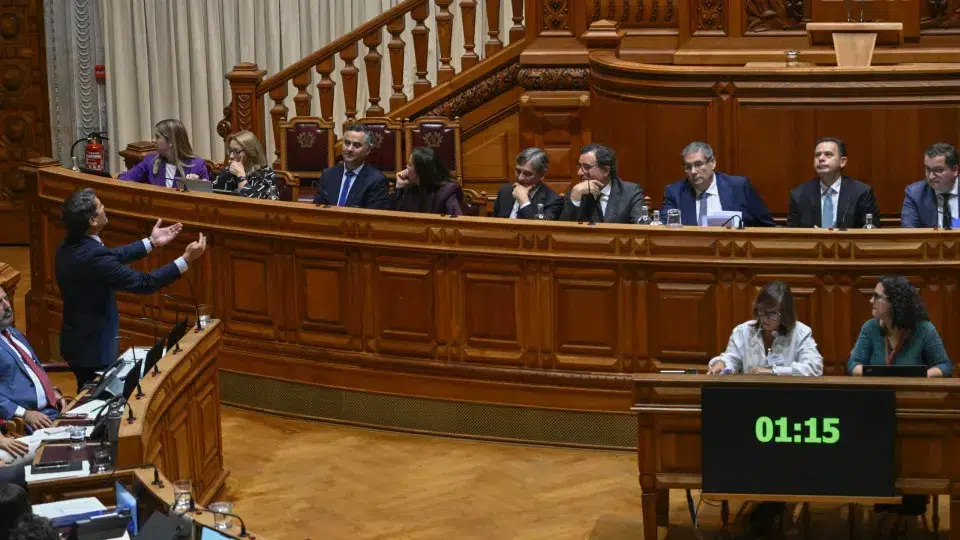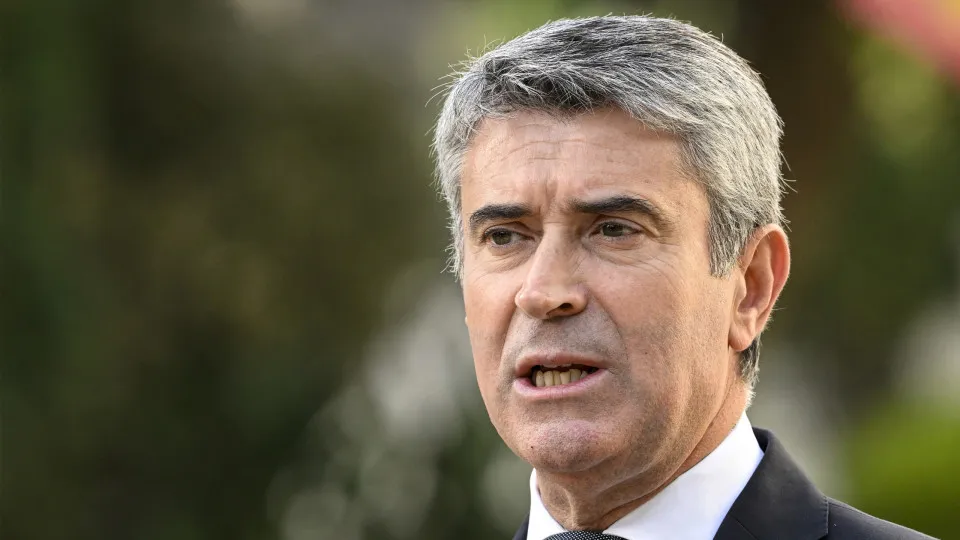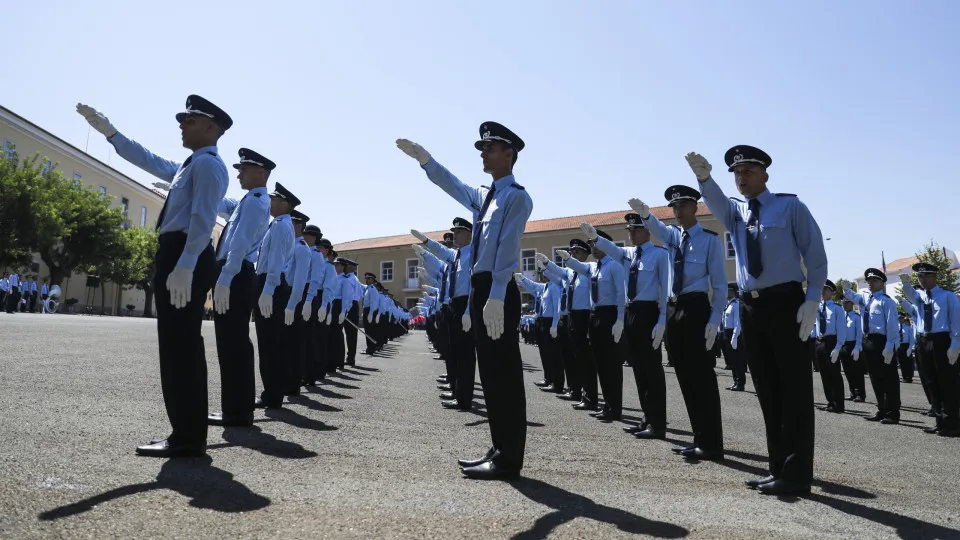
Questions were directed to Prime Minister Luís Montenegro during the first day of debate on the 2026 State Budget proposal at the Assembleia da República.
Miguel Rangel of IL pointed out that the “Defense budget saw an unprecedented increase of about 25% compared to 5% in 2025,” but still falls “short of the commitments Portugal made to its NATO allies, where it promised to reach 2% of GDP by 2025 and move gradually towards 5%.”
The IL deputy questioned the PSD/CDS-PP Government leader “if there are other funds that will be presented to NATO as Defense expenditures” and, “if so, what are they and what is their value.”
Furthermore, Rangel mentioned that “chapter 60 of the Budget includes a reserve of 1.2 billion euros” that “can be transformed into effective military spending at the discretion of the finance minister” without requiring “prior parliamentary authorization.”
“If realized, this would increase defense spending to around 1.6% of GDP, also reversing the small projected surplus to a 0.3% deficit,” he added.
Rangel urged Luís Montenegro to clarify “what the plan for utilizing this 1.2 billion euros is, what criteria will guide its allocation,” and if he is “willing to ensure regular and public information to parliament whenever this reserve is mobilized.”
From the PS, Frederico Francisco emphasized the commitment to “meet the 2% GDP target for Defense expenditures by 2025,” as stated at the latest NATO summit, “with an amount of 5.9 billion euros.”
“To do this without a ratifying Budget means there is no more spending than what was already budgeted,” he inferred.
Francisco added that “in the 2026 Budget, the expenditure on National Defense is 3.8 billion euros,” which “as noted by the Public Finance Council, corresponds to 1.2% of GDP, significantly below the commitment made with NATO.”
Francisco asked Montenegro “what is the relevant figure for the commitments with NATO, what counts and does not count towards the defense spending target” and “what additional capabilities will be created.”
“If this Government is not even capable of stating what is and is not defense spending, what credibility do the promises in the State Budget hold?” he questioned.
In response, the Prime Minister did not address the questions posed by the two deputies.
Montenegro highlighted the commitment to “achieve 2% this year and 3.5% by 2035 without annualized goals” and asserted that the Government is focused on a credible strategy.
“When we have a closed element of this investment plan, we will naturally share it with the Assembleia da República and all political parties,” he added.
The 2026 State Budget proposal anticipates spending close to 3.8 billion on National Defense, a 23.2% increase from the amount included in this year’s Budget.




